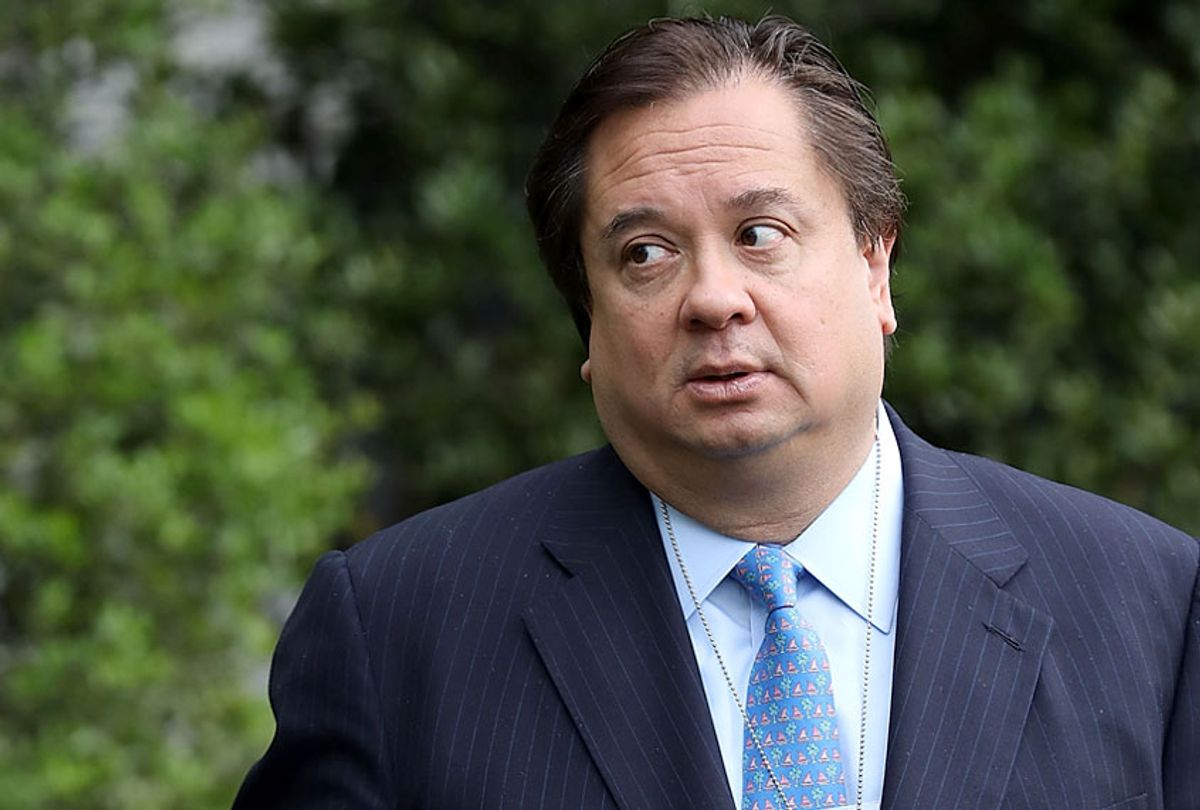If a Democrat had done what former National Security Adviser Michael Flynn admitted to doing — lying to the FBI about his communications with a Russian ambassador — Republican allies of President Donald Trump would have demanded a severe punishment. Instead, the Trump DOJ under the direction of Attorney General Bill Barr filed a motion asking that the case be dismissed. Conservative attorney George Conway, one of Trump's most vehement critics on the right, and trial lawyer Lawrence S. Robbins discuss Flynn's case in a scathing op-ed published in the Washington Post on August 18 — and they stress that "no serious criminal lawyer" would make the types of arguments that Trump supporters have been using in Flynn's defense.
"Flynn won before an appeals court panel," Conway and Robbins note. "But when the full court of appeals heard arguments on Flynn's petition, the judges couldn't have seemed more bewildered at the Trump administration's position. The government argued that the district judge couldn't inquire into the government's reasons for seeking dismissal even if he'd seen the prosecutor take a bribe, in open court, in exchange for dismissing the case. The Trump administration has been saying things like that a lot lately — trying to stretch the law in ways that undermine its remaining credibility."
Trump and his allies, according to Conway and Robbins, have consistently shown a "disrespect for regularity."
"Lawyers have a phrase for the government's saying 'trust us'; it's called the 'presumption of regularity,'" the attorneys explain. "The presumption of regularity means that courts should presume that government officials acted through a 'regular' process: that it carefully vetted its policy and scrupulously examined relevant legal precedents. But as its name suggests, the presumption of regularity rests on the premise that the government is functioning in a regular way. And the Trump administration is anything but regular."
That total disregard for "regularity," according to Conway and Robbins, has been especially obvious in the Flynn case.
"No serious criminal lawyer could have written the government's motion to dismiss the prosecution," Conway and Robbins argue. "The government relied on a single, 64-year-old case on 'materiality' that both the Supreme Court and the court of appeals have repudiated. The government asserted that FBI agents had no legitimate reason to interview Flynn, despite his obvious susceptibility to Russian blackmail. Given the weakness of the government's arguments, it's hard not to conclude that it sought to spare Flynn to satisfy the whims of Trump."




Shares